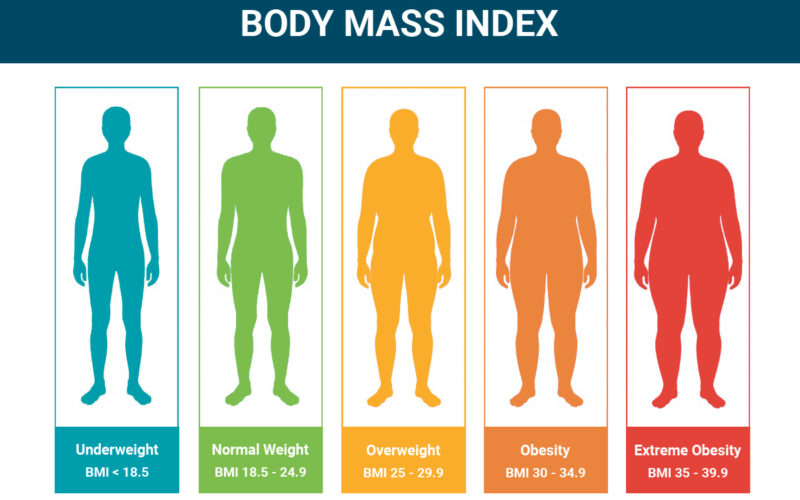Knowing your body mass index (BMI) can help you determine if you’re in a healthy weight range for your height. BMI uses ratio calculations based on your weight and height. You can use BMI to set health goals, or track progress towards achieving those goals. Let’s take a look at what BMI is, and how it can be used to measure health.
What is BMI?
BMI stands for body mass index and it is an estimate of the amount of body fat that you have based on your height and weight measurements. It is used as an indicator of overall health, as well as a way to measure progress when trying to lose or gain weight. The formula used to calculate BMI takes into account both your height and weight measurements, allowing it to provide an accurate representation of your body’s composition.
How is BMI calculated?
The formula for calculating your BMI is simple – just divide your weight in kilograms by your height in meters squared (kg/m2). For example, if you weigh 70kg and are 1.75m tall, then you would calculate your BMI as follows: 70/(1.75 x 1.75) = 22.86. This number gives you an indication of whether you are underweight, normal weight, overweight or obese according to the World Health Organization’s (WHO) classification system for healthy weights. Or click here to go to a tool that calculates the BMI for you.
Calculating your BMI can give you a good indication of whether or not you are at a healthy weight for your height – which is important for both physical and mental wellbeing! However, it’s important to remember that there are other factors that contribute to overall health such as eating nutritious foods regularly, exercising regularly, getting enough sleep each night, managing stress levels effectively and drinking plenty of water throughout the day! Improving these habits alongside monitoring your BMI should be part of any successful dieting plan or fitness goal!






